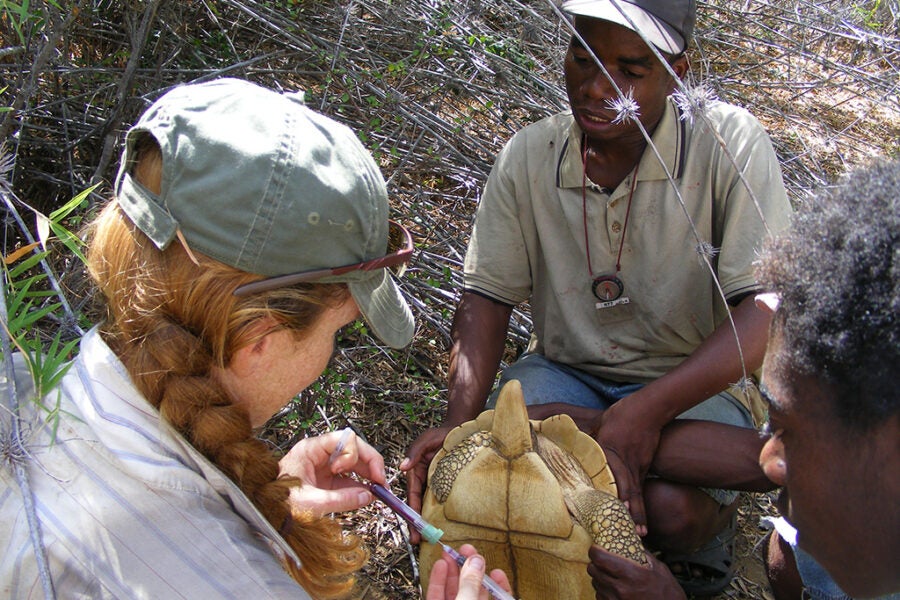Biological Sciences At USC Dornsife
The Department of Biological Sciences offers a range of undergraduate, graduate, and postdoctoral training programs. Home to a vibrant community of life scientists, the department’s research spans the scales of biological organization from molecules and cells to organisms, populations, species, and communities. An emphasis on interdisciplinary and collaborative research gives faculty and students opportunities to investigate a diverse array of living systems using a wide variety of research approaches and tools including X-ray crystallography, molecular assays, and computational genomic analyses to advanced microscopy, electrophysiology, and field research in Antarctica, Africa, and the Pacific Ocean.
Explore Research Areas >
The Department of Biological Sciences has research faculty with specialties in four disciplines: human and evolutionary biology, marine and environmental biology, molecular and computational biology, and neurobiology.
BISC Faculty >
Biological Sciences is home to more than 60 full-time and 35 joint, visiting, or adjunct professors. These faculty are engaged in pioneering life science research and support the department’s educational programs.
Diversity, Equity, Inclusion >
USC is committed to being a scientific community where all individuals are respected, and where all individuals feel engaged, motivated, and valued.
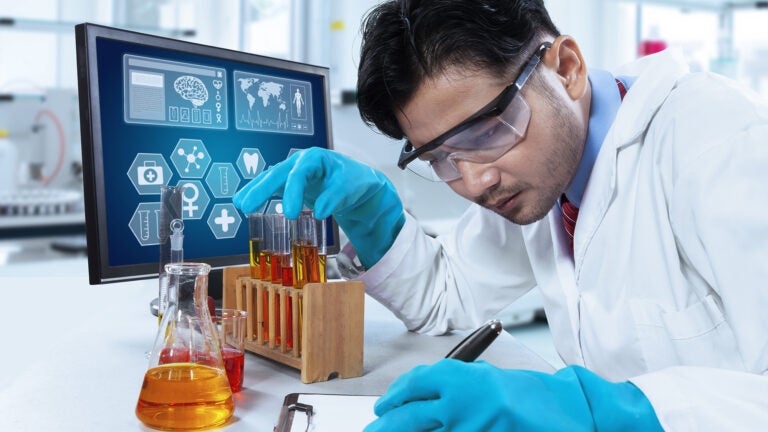
Undergrad Research
Awards, grants and fellowships – we’re proud of our faculty and the fostering USC environment.
Faculty Recognition
Graduate Programs
The USC Biological Sciences department offers a wide range of graduate programs at both the Master’s and Ph.D. level. For more information about each program, click the links below.
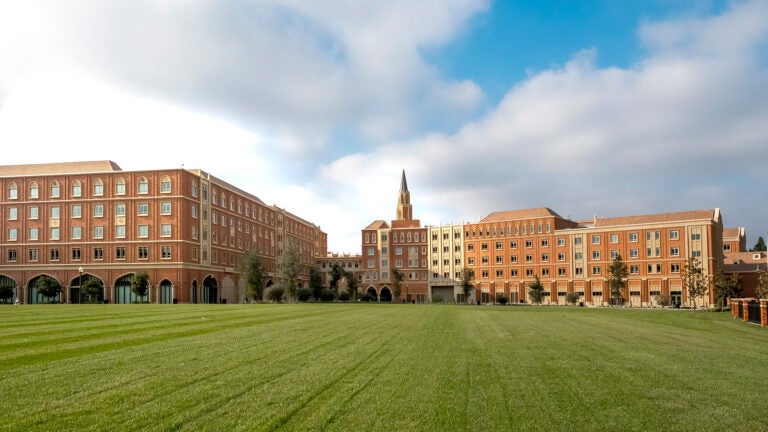
Apply for Admission
USC offers exceptional students a world-class education, with top-ranked programs in virtually every discipline—from cinema to the sciences. Here, students begin a journey of intellectual challenges, personal and professional achievement and lifelong friendships with alumni who excel in every field. Ready to join this dynamic community? Visit the Common Application website starting August 1 to apply.
Biological Sciences At USC Dornsife
A sampling of what we’re working on.
Ian Ehrenreich
Our goal is to understand how genetic variation causes individuals to exhibit different phenotypic responses to environmental stress and mutation, thereby resulting in unexpected traits that might be relevant to evolution and health. To study this problem, we are in the process of determining the complete genetic and molecular basis of multiple phenotypes that are induced either by the environment or specific mutations. Much of our work is focused on the powerful budding yeast model system, but we are also beginning to explore this topic in multiple animal species as well.
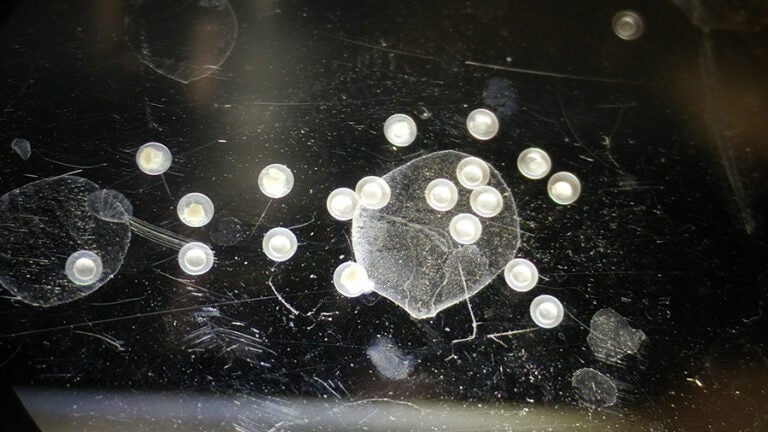
Susan L. Forsburg
Accurate duplication and segregation of our chromosomes is critical for human development and well-being. Defects in the processes that maintain the integrity of our genome contribute to cancer, birth defects, and other disorders.
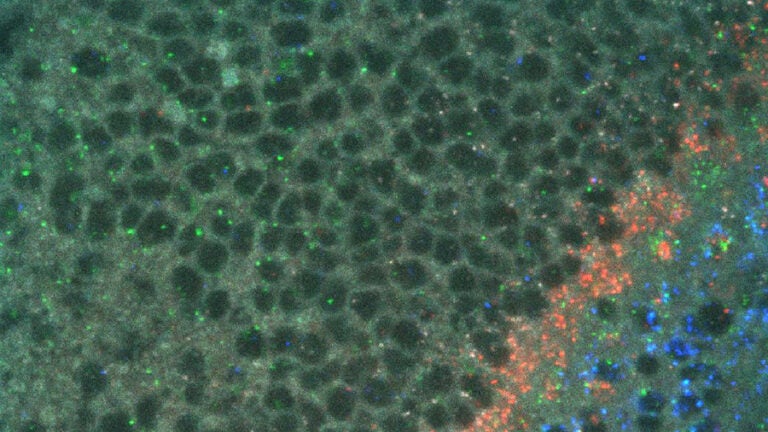
Douglas Capone
Learning about bacteria’s ability to promote the absorption of the greenhouse gas may shed light on how the oceans can mitigate the effects of pollution. That’s partially why I research the role and importance of marine bacteria in major biogeochemical cycles particularly those of nitrogen and carbon, as well as the response of these populations to, and interactions with, various environmental perturbations.
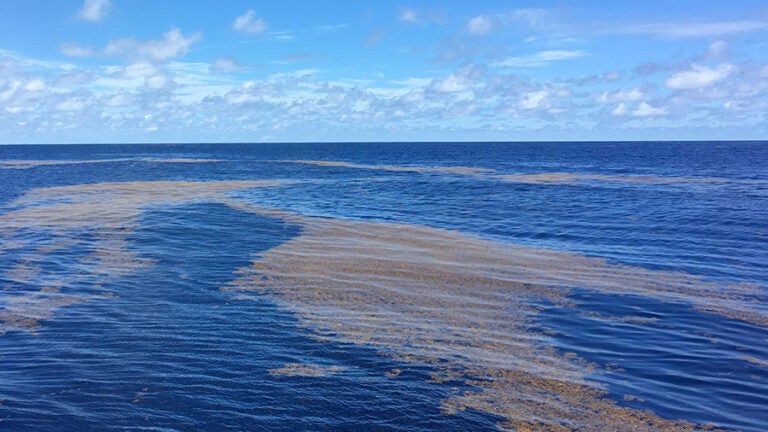
Diverse Curricular Offerings
USC’s diverse curricular offerings provide extensive opportunities for interdisciplinary study and collaboration with leading researchers in highly advanced learning environments.
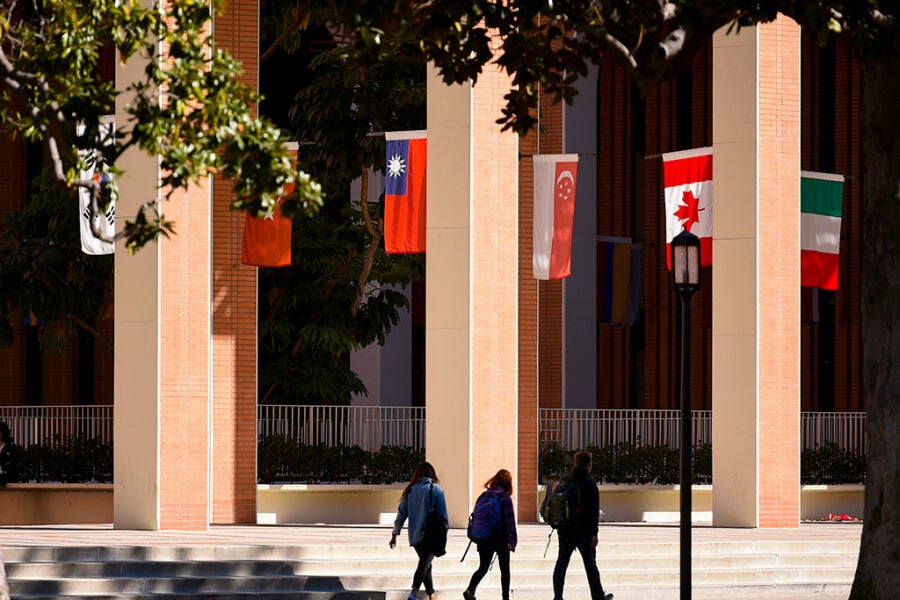
Southern California
Experience life in Southern California – a world-class institution, exemplary undergraduate and graduate programs, the perfect climate and all the adventures L.A. has to offer.
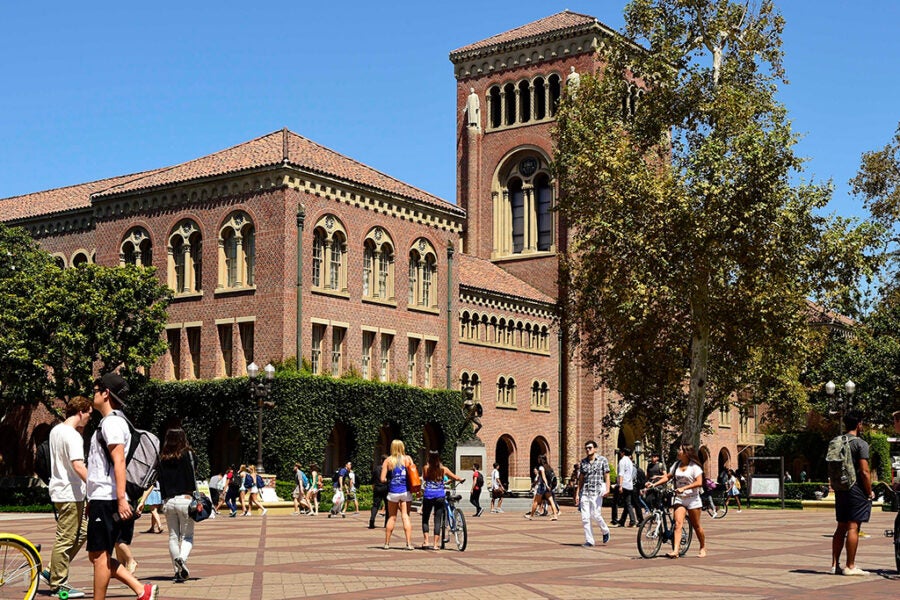
Groundbreaking Faculty
Our faculty includes members of the National Academy of Sciences and the National Academy of Medicine; winners of the USC Associates Award; and the 2013 Nobel Laureate in Chemistry, among many other groundbreaking figures in the scientific community.
